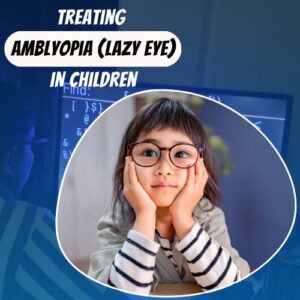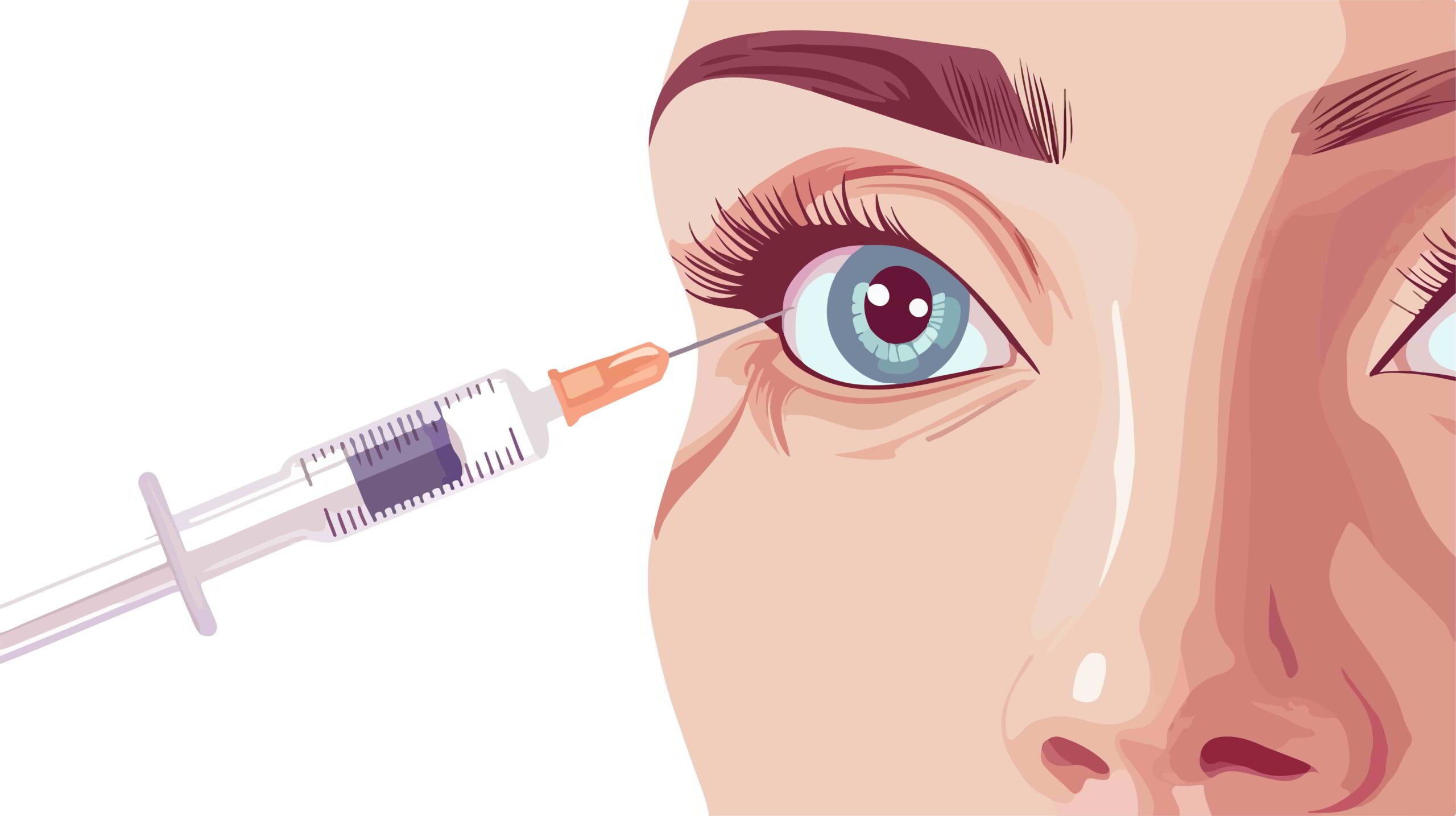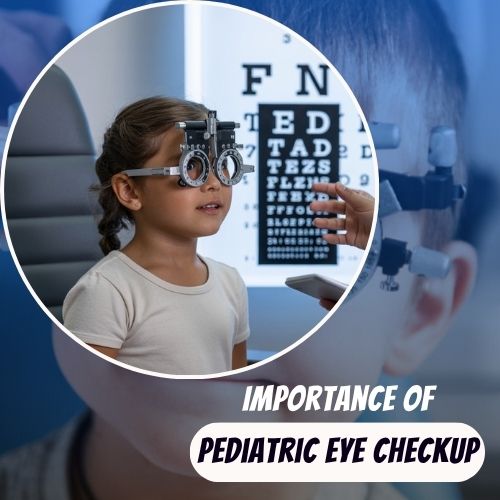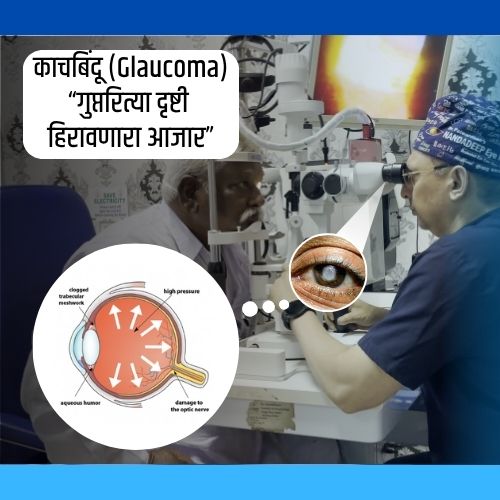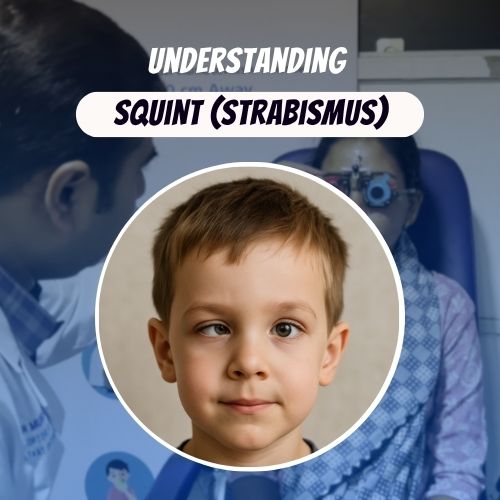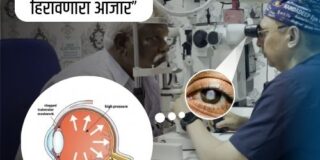Eye Injections Explained: Benefits, Risks & Procedures
Do you have questions about eye injections? You’ll find all the answers in this video. How are injections administered? What are the benefits? What are the risks? All these questions are answered in this video.
Why Are Eye Injections Needed?
IVTA Injection: Steroid-Based Treatment
- Diabetic Macular Edema (DME): Swelling of the macula due to leaking blood vessels in people with diabetes.
- Retinal Vein Occlusion (RVO): Blockage of veins in the retina, which leads to fluid buildup and swelling.
- Uveitis: An inflammatory disease that affects the middle layer of the eye.
Benefits of IVTA Injections
- Reduces inflammation: IVTA injections are potent anti-inflammatory agents that target the swelling within the eye.
- Long-lasting effects: Steroids such as triamcinolone have long-lasting effects, meaning fewer injections may be required compared to other treatments.
- Improves vision: By reducing swelling, IVTA injections can lead to improved vision in patients with conditions like diabetic macular edema.
Risks of IVTA Injections
- Increased intraocular pressure (IOP): Steroid injections can cause a rise in eye pressure, which could lead to glaucoma if not monitored.
- Cataract formation: Prolonged steroid use may lead to cataracts, particularly in older patients.
- Infection: As with any procedure involving injections, there is a small risk of infection (endophthalmitis).
Anti-VEGF Injection: Targeting Abnormal Blood Vessels
- Age-Related Macular Degeneration (AMD): A leading cause of blindness in older adults, AMD causes the macula to deteriorate, often due to abnormal blood vessel growth.
- Diabetic Retinopathy: High blood sugar levels damage the retina’s blood vessels, leading to leakage and swelling.
- Retinal Vein Occlusion (RVO): Similar to AMD, RVO is caused by abnormal blood vessel growth that can lead to vision loss.
Benefits of Anti-VEGF Injections
- Prevents vision loss: Anti-VEGF injections can prevent further vision loss by inhibiting the growth of abnormal blood vessels in the retina.
- Proven effectiveness: Studies have shown that anti-VEGF injections are highly effective in treating AMD, diabetic retinopathy, and other conditions.
- Less invasive: These injections are less invasive than surgical options for managing abnormal blood vessels in the eye.
Risks of Anti-VEGF Injections
- Eye discomfort: Some patients may experience discomfort after the injection, although this usually subsides within a day.
- Bleeding: Minor bleeding or red spots can occur at the injection site.
- Infection: As with all injections, there is a risk of infection, although it is relatively low when performed in sterile conditions.
What to Expect During the Procedure?
- Preparation: The eye is numbed with an anesthetic to ensure a painless procedure. A disinfectant is applied to reduce the risk of infection.
- Injection: The medication is injected directly into the vitreous, the gel-like substance in the back of the eye. The injection itself takes only a few seconds.
- Post-procedure: You may experience some mild discomfort or blurriness for a few hours, but this typically resolves on its own. Follow-up visits are often required to monitor your progress.
Who Can Benefit From Eye Injections?
- Age-Related Macular Degeneration (AMD): Those with wet AMD benefit most from anti-VEGF injections, as they slow the progression of the disease.
- Diabetic Retinopathy and Macular Edema: Eye injections help reduce the swelling and damage caused by leaking blood vessels, improving vision.
- Retinal Vein Occlusion (RVO): Injections can help reduce the swelling and fluid buildup caused by this condition.
- Uveitis: IVTA injections are beneficial for reducing inflammation and preserving vision.
Recovery and Aftercare
- Avoid rubbing your eyes: This helps prevent infection.
- Use prescribed eye drops: These may help reduce inflammation and discomfort.
- Follow up with your doctor: Regular check-ups are necessary to monitor the effects of the injection and ensure the condition is under control.
Eye injections, including IVTA (steroid injections) and Anti-VEGF injections, are vital in treating various eye diseases that can cause severe vision impairment or blindness. While there are risks, the benefits of preventing vision loss often far outweigh the potential downsides. With minimal discomfort and proven effectiveness, these injections are among the best treatments available for conditions like AMD, diabetic retinopathy, and macular edema. Consult with an experienced eye specialist at Nandadeep Eye Hospital to determine the best course of action for your eye health.
More Posts
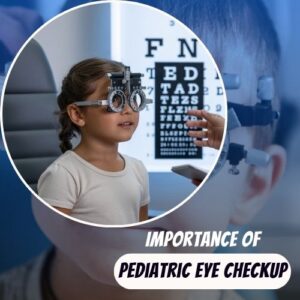
Everything You Should Know About Pediatric Eye Exams
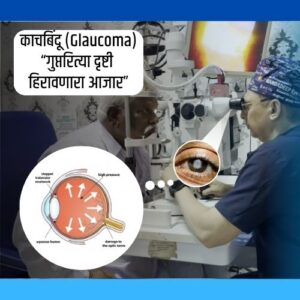
काचबिंदू (Glaucoma): नियमित नेत्रतपासणी का आवश्यक आहे?

